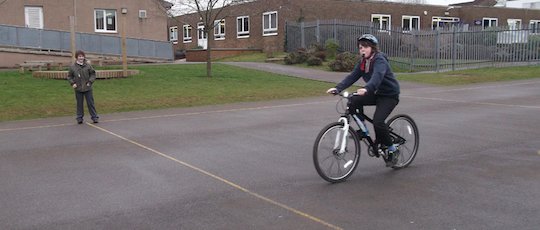Sound effects experiments
Add to My Folder
Introduce children to sound waves and the Doppler Effect with these simple experiments.

The Doppler effect takes its name from the Austrian scientist Christian Doppler (1803-1853). He first published his work on what became known as the Doppler Effect in 1842. His findings not only explains how sound waves travel but have also been applied to work in astronomy (the speed at which stars are approaching or receding from us), radar (the speed of detected objects), blood flow and speed, audio systems and vibration measurement.
Member-only content
Already a member? Sign in below.
Published 4 May 2012
Reviews
You need to be signed in to place a review.